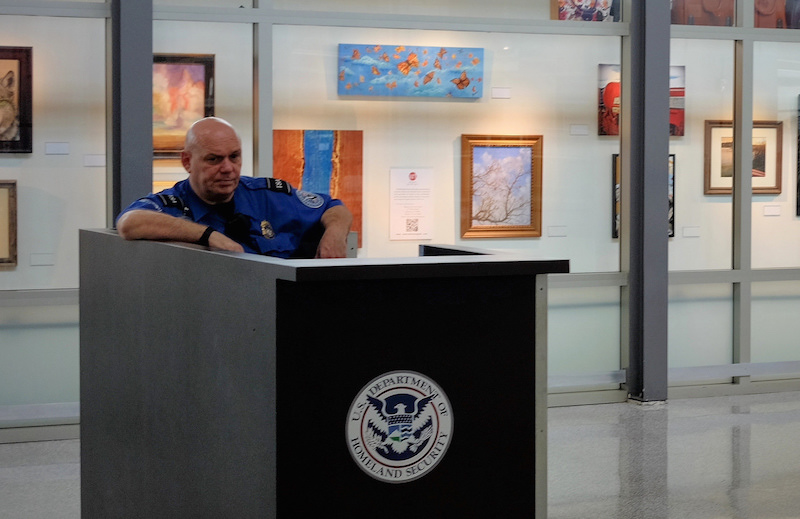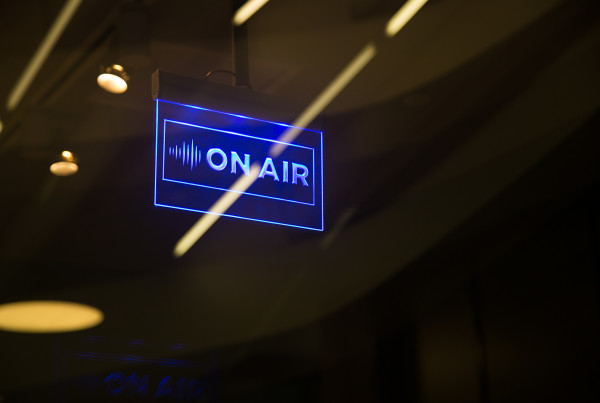During President Obama’s Oval Office speech on Sunday evening, he laid out two gun control measures he wanted Congress to act on, one of them dealt with the nation’s no-fly list.
“To begin with, Congress would have to make sure no one who’s on a no-fly list would be able to buy a gun,” Obama said in his televised address. “What could possibly be the argument for allowing a terrorist suspect to buy a semi-automatic weapon? This is a matter of national security.”
But many, including the ACLU, have concerns about tying the no-fly list to a database for firearm purchases.
Jeffrey Kahn, author of Mrs. Shipley’s Ghost: The Right To Travel and Terrorist Watchlists, is a law professor at Southern Methodist University.
Kahn says those on a no-fly list are certainly suspects, but the list is made up of two groups of people.
“Known terrorists are those who have been convicted of a terrorist offense. suspected terrorists are people who, in the standard that’s used by the agency that compiles these lists, are reasonably suspected of being a known or suspected terrorist,” Kahn says. “In other words, reasonably suspected of being suspected. That’s a pretty low standard to take away somebody’s rights.”
The terrorist screening center is a multi-agency office housed in the FBI with no public oversight, Kahn says.
“Anonymous officials peruse intelligence information and based on their own criteria – not any criteria supplied by Congress – they decide who is reasonably suspected of being a suspected terrorist,” he says. “If they point the finger at you, your rights to movement and now, some are arguing, to possess a firearm… can be snatched away from you.”
Combining the lists could mean that one agency would both make the list and enforce it, which disrupts our government’s checks and balances, Kahn says. He says there’s no easy way to find if you are on the no-fly list, except at the airport. Over the past decade, court cases from people on the no-fly list claiming innocence have gone on for years, including a case of a Marine veteran in Oregon found himself on a no-fly list and because he couldn’t get home to claim his disability benefits, they were cut.
Though Kahn says he doesn’t favor easy access to guns, it is a Constitutional right.
“We believe rights are different from mere courtesies,” Kahn says. “It’s particularly disturbing to me that for issues so important that we would call them a Constitutional right, we are willing to have them whisked away on a list that is not only very difficult to determine its accuracy or success rate but every step of the way, the Dept of Justice has opposed the attempts of those who feel they’re wrongly on the list to clear their names.”
Listen to the full interview in the audio player above.














